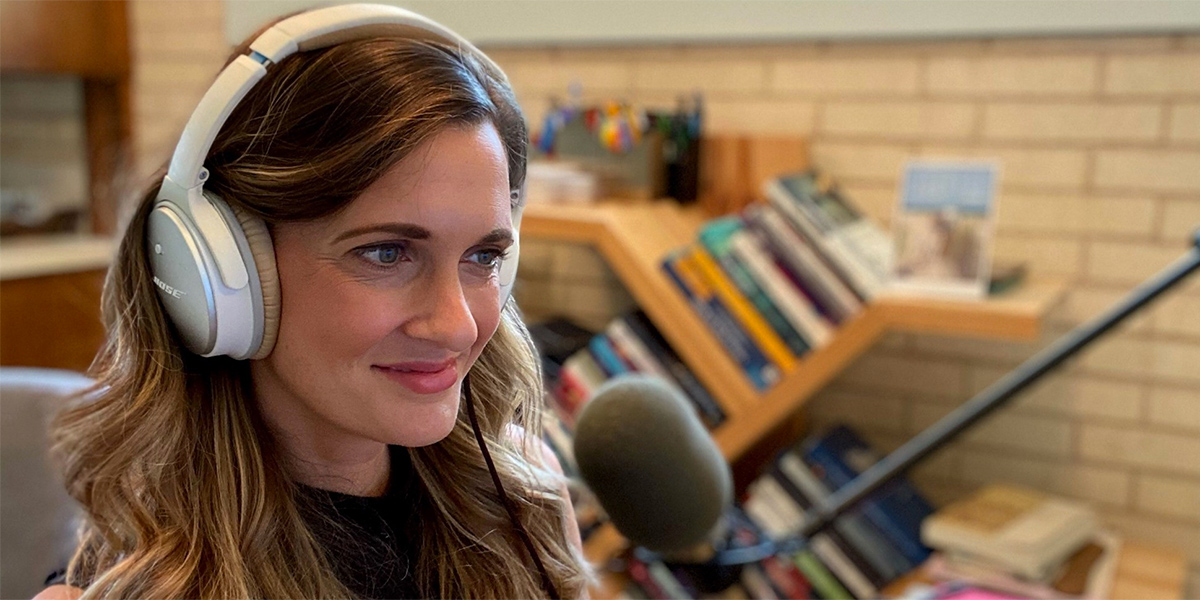Meet Baylor’s nationally recognized expert on bioethics

Dr. Devan Stahl’s call to bioethics began with her own experience as a patient. Diagnosed with multiple sclerosis as a young woman, she recognized aspects of the healthcare system that could be improved — most notably, the ways doctors and decision-makers communicated with (and considered) people with disabilities.
Stahl, an assistant professor of religion, joined Baylor’s Department of Religion in 2019 after serving on the clinical ethics faculty at Michigan State. Her focus is on bioethical issues as they relate to people with disabilities — individuals whose quality of life is often undervalued by people without disabilities. Those biased judgements, she says, can impact treatment.
When the COVID-19 pandemic began to strain hospitals’ capacities for care last year, Stahl’s insights proved especially needed.
Many hospitals rapidly confronted triage plans during COVID-19 when their capacities became stretched beyond their capabilities. Many were forced to document plans and procedures, while others had outdated procedures that turned out to be discriminatory to those with disabilities. (For instance: Some hospitals’ emergency plans included language unfriendly to people with disabilities, especially intellectually disabilities, which could have impacted those individuals’ ability to receive ICU beds in the event of a shortage.) The immediacy of the pandemic placed added importance on addressing these plans to protect the disabled.
Stahl soon presented a webinar through the Harvard Radcliffe Institute, “Ensuring Health Equity for Persons with Disabilities,” which opened further doors for her to connect with hospitals and provide guidance to ethical triage protocols. She has consulted with numerous hospitals, helping them analyze and improve the language in their triage plans, working to make it more equitable to people with disabilities.
In addition to her work with hospitals, Stahl’s insights have also been called upon by media (like NPR and The Washington Post) and in settings that can influence policy, like a Disability Rights Education & Defense Fund meeting over the winter to provide recommendations on disability to the federal government. She also co-hosts a podcast, Bioethics for the People.
Through it all, Stahl enjoys teaching Baylor students, whose disciplines range from religion to pre-med, in thinking through important societal questions via a faith lens.
“I get to talk to students and say, ‘Here are our foundational Christian values and commitments. Now, what does that mean?’,” she explains. “What does it mean that our God was embodied and lived and cared and healed people? That makes a big difference, for me, about how I think of the work of physicians and clinicians in a foundational way. Being in the religion department frees me to do that.”
Sic ’em, Dr. Stahl!

